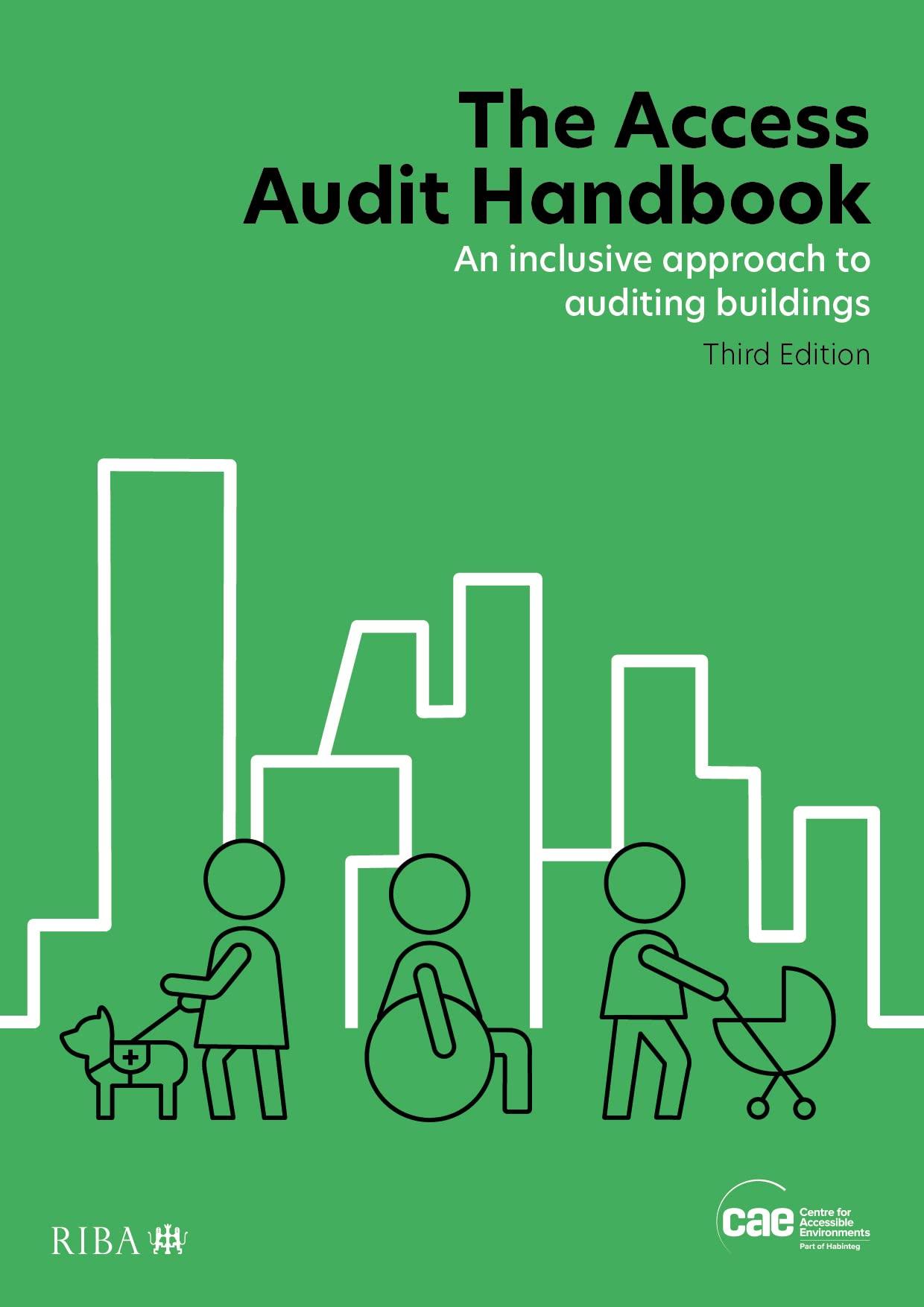Question
Evergreen Co. is planning to invest some of its excess cash in 5-year bonds issued by Continental Co. and in 2% of ordinary shares of
Evergreen Co. is planning to invest some of its excess cash in 5-year bonds issued by Continental Co. and in 2% of ordinary shares of Tang Co. Both Continentals bonds and Tangs shares are traded actively on securities market. Evergreen Co. plans to hold the bonds until the maturity date and trade the shares in short term.
Q1) How should Evergreen classify the bonds and the shares?
Q2 What is the accounting treatment for the Continental bonds? What is the accounting treatment for the bonds if Evergreen has the following strategies? (i) an active trading strategy for the bonds or (ii) a plan to sell the bonds in the long run.
Q3) Identify and explain the different types of classifications for equity investments.
Q4) Distinguish between the accounting treatment for non-trading equity investments and trading equity investments and discuss why the classification of an equity investment as of non-trading is irrevocable.
Step by Step Solution
There are 3 Steps involved in it
Step: 1

Get Instant Access to Expert-Tailored Solutions
See step-by-step solutions with expert insights and AI powered tools for academic success
Step: 2

Step: 3

Ace Your Homework with AI
Get the answers you need in no time with our AI-driven, step-by-step assistance
Get Started


